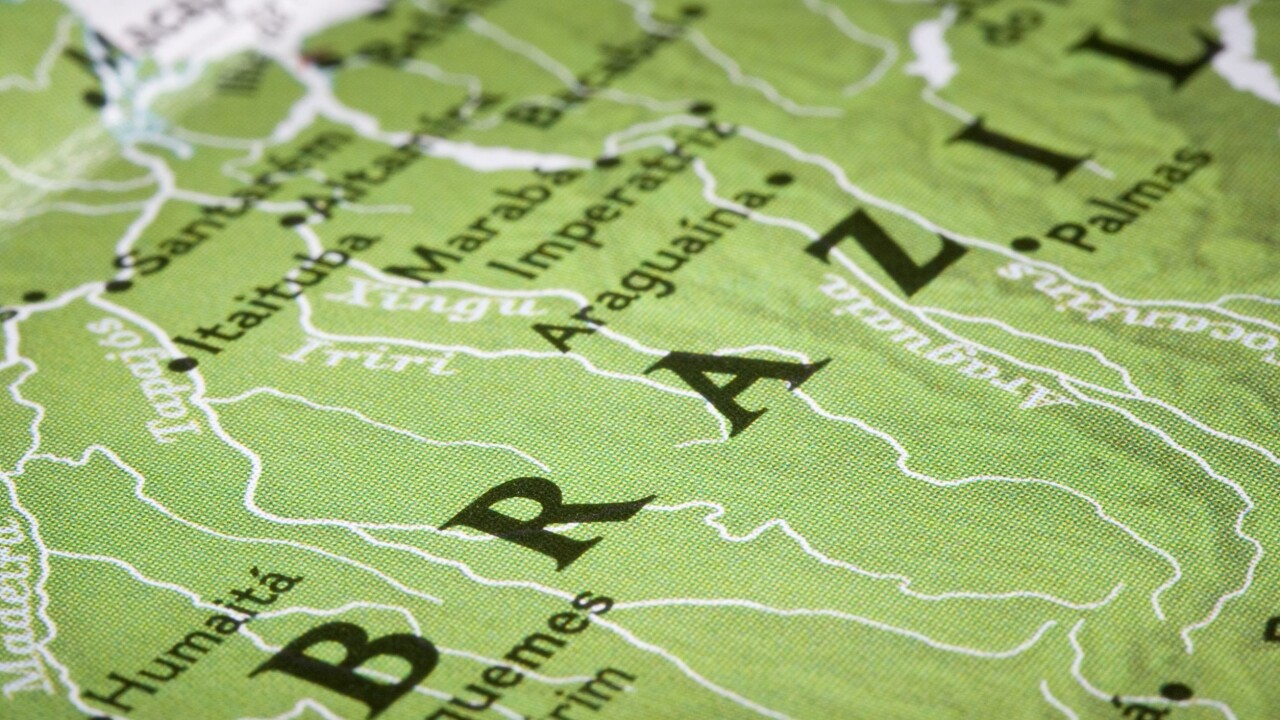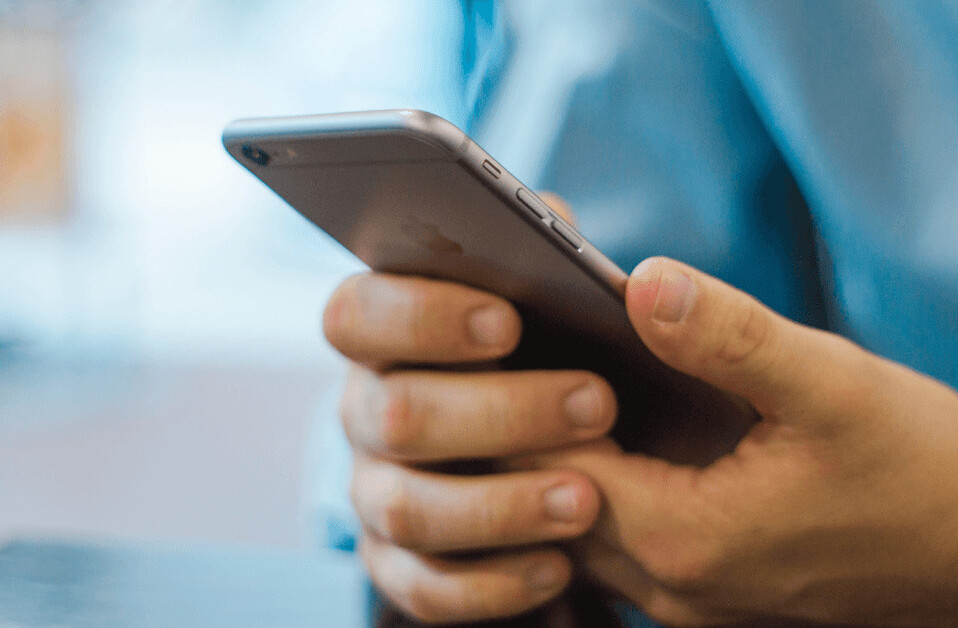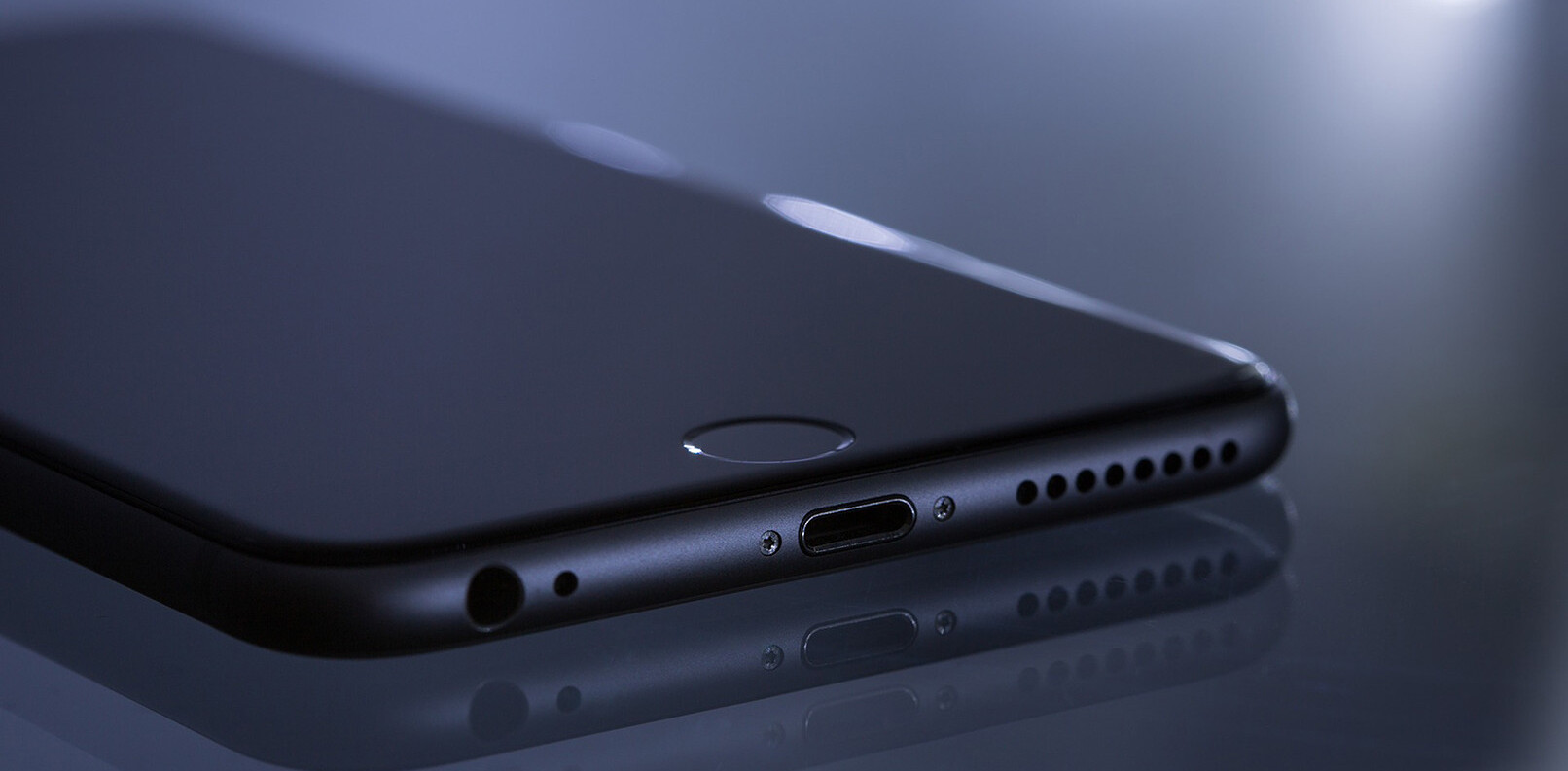
Mobile device insurance club Pitzi is expanding into four additional Brazilian states, the São Paulo-based startup announced today. As you may remember, Pitzi launched at the beginning of the year, and was nominated in the Best User Experience category at TNW Brazil Startup Awards.
According to its founder, American entrepreneur and Flybridge advisor Daniel Hatkoff, the company plans to cover the whole country in successive rollouts, starting with Minas Gerais, Paraná, Rio Grande do Sul and Santa Catarina.
Pitzi has recently been described as ‘the Asurion of Brazil,’ and the comparison makes sense. As a matter of fact, both companies follow a similar approach, and offer technical assistance to their members.
In exchange for a monthly fee that varies between R$5 and R$30 (around $2.50 to $15), Pitzi’s users will receive prompt support when they need it. If the problem is related to battery or keyboard, there won’t be any extra charge. If the phone has fallen or been exposed to liquids, there will be an extra charge of R$75 ($37), which is still reasonable compared to the usual cost of a new screen.
When it initially launched, Pitzi was only operating in the São Paulo state, and was only accepting newly-bought phones upon presentation of a receipt. However, it recently started to accept older devices, and also simplified its registration process. Rather than a proof of purchase, users will only have to enter their phone’s ID.

Pitzi’s expansion outside of São Paulo isn’t a surprise, and has always been on its roadmap. Still, it required significant work on the logistical side, as technical support isn’t easily accessible across the country. “In São Paulo, people are focused on the cost of getting their phone fixed, but elsewhere it’s about the ability to get it fixed,” Pitzi explains.
There’s no doubt that the mobile phone market represents a huge opportunity for Brazil. According to the national telecommunications agency Anatel, Brazil closed October 2012 with 259 million active mobile lines. This suggests that there are at least as many mobile devices in the country – more than one per inhabitant.
While feature phones still dominate the market, smartphone penetration is increasing fast. Yet, Pitzi also made interesting learnings during its first months of existence, Hatkoff says:
“The phones that people want to protect are different from what we initially expected. For instance, the market is much more concentrated, and we were expecting to see more iPhones. Of course, the iPhone 5 hasn’t come out in Brazil yet, so it creates distorsions that might soon be rebalanced.
In the meantime, Samsung’s Galaxy S3 is one of the phones we get the most, and it breaks a lot – so our coverage is even better than for the iPhone. Overall, we have a very strong value proposition for high-end phones.”
Considering the high cost of electronics in Brazil, it makes sense to see users seek affordable and efficient insurance plans for their devices. This is the market that Pitzi hopes to capture, and its ambition is to reach one in three smartphone users in each state that it expands into over the next five years.
Image credit: Pond5
Get the TNW newsletter
Get the most important tech news in your inbox each week.




